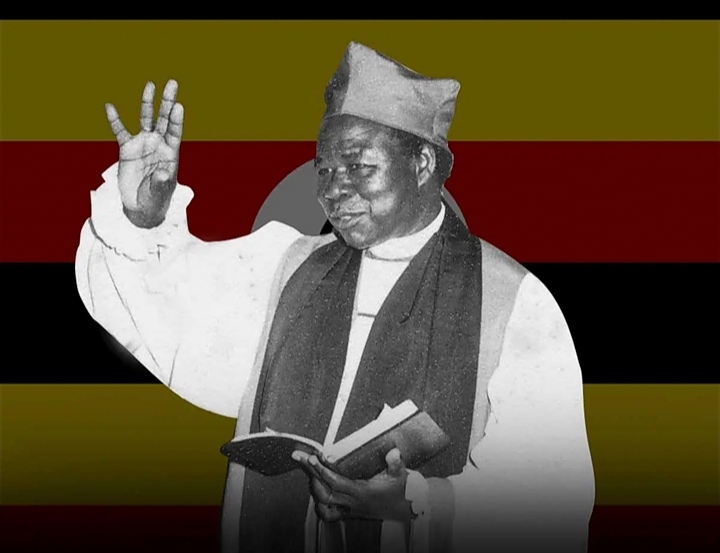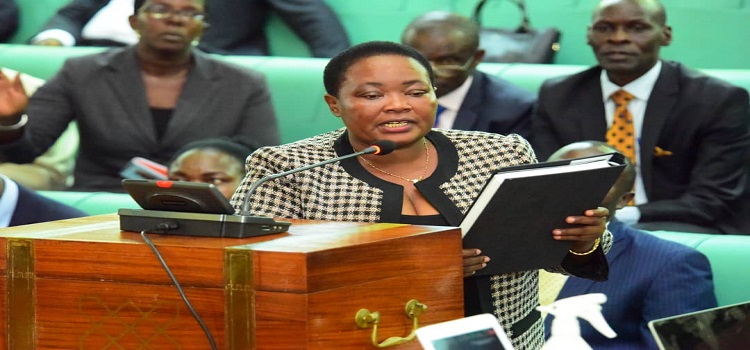The Nyendo Mukungwe legislator, Mathias Mpuuga, has sparked a compelling discourse by scrutinizing the relevance of commemorating the martyrdom of Archbishop Janani Luwum. However, his inquiry delves deeper, pointing out that the very circumstances that led to Archbishop Janani Luwum’s sacrifice persist in Uganda to this day.
According to Mpuuga, Uganda stands at crossroads today, grappling with the question: Is the commemoration of Archbishop Janani Luwum’s martyrdom a solemn tribute or a stark mockery of justice?
His question comes as the nation pauses to honor the memory of the revered clergyman, brutally slain on February 16, 1977. Allegations of ongoing human rights abuses cast a somber shadow over the proceedings. Mpuuga asserts that the historical resonance and modern day strife is to articulate the conflict between homage and hypocrisy.
Through his X account, Mpuuga noted that Bishop Luwum’s tragic murder at the behest of then President Idi Amin, symbolizes not only a harrowing chapter in Ugandan history but also a painful reminder of ongoing human rights violations plaguing the country back in the dark days of 1970s.
He noted that the events that led to Luwum’s untimely demise bear striking resemblance to the present political landscape of Uganda, where reports of unabated human rights abuses by regime operatives continue to surface with alarming frequency. Despite concerted efforts to document and highlight these violations, the sanctity of human life remains a casualty of political vantage.
“Commemorating the Janani Luwum day would serve the purpose if the regime is mindful of its duty to citizens, and respect to human dignity and sanctity of human life,” Mpuuga asserts, encapsulating the collective sentiment of those who seek genuine reconciliation amidst a climate of impunity. However, Mpuuga laments that the solemnity of the occasion is marred by the insidious specter of continued abductions, arbitrary detentions, and extrajudicial killings orchestrated by state actors.
“This mockery must stop,” Mpuuga implores, echoing the fervent outcry of a nation weary of empty gestures and hollow promises. Beyond the symbolic gestures of commemoration, Mpuuga urges Ugandans to confront the harsh realities of their present-day predicament, envisioning a future where dialogue and consensus supplant archaic and unacceptable methods of governance.
Indeed, the legacy of Archbishop Janani Luwum serves as a beacon of hope in the midst of darkness, reminding Ugandans of the resilience of the human spirit in the face of tyranny. But as the nation grapples with the complexities of its political trajectory, the words of Mpuuga resonate as a loud call for justice, accountability, and a collective commitment to uphold the principles for which Luwum sacrificed his life.
Mpuuga’s question also gives birth to a moment of reckoning where the echoes of the past reverberate with the urgency of the present. In actual sense the commemoration of Janani Luwum’s martyrdom must whatsoever transcend mere ritualistic observance, but should become a catalyst for meaningful change and a testament to the enduring quest for truth and justice in the heart of Uganda.
Do you have a story in your community or an opinion to share with us: Email us at Submit an Article









